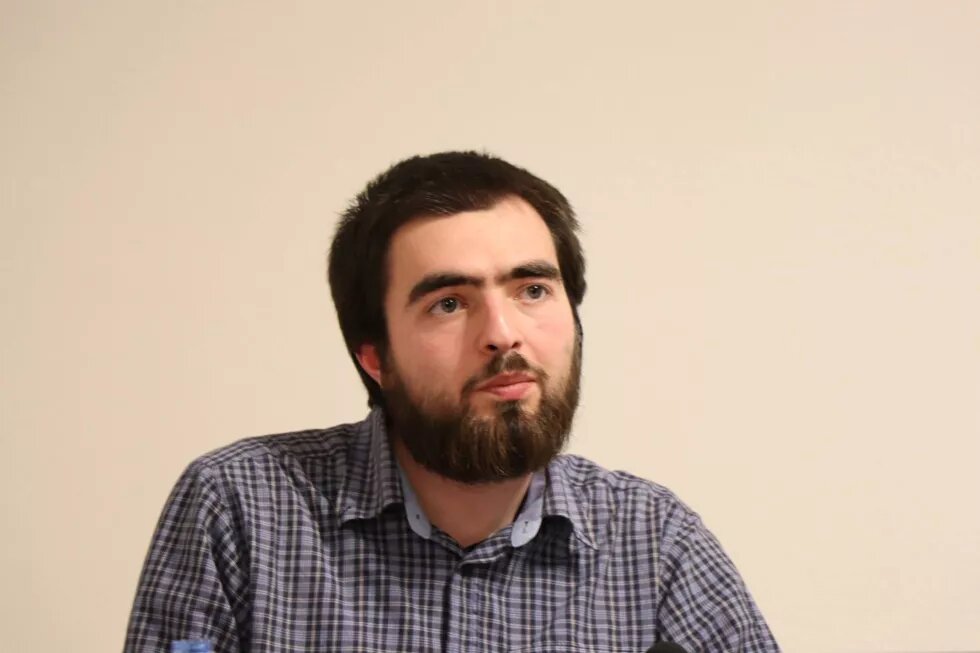
The European history forum ‘30 Years after 1989: Freedom from What? Freedom to do What?’ was held in Berlin in May of 2019. The Heinrich Boell Foundation together with its partner organization The International Historical, Educational, Charitable and Human Rights Society Memorial, assembled researchers interested in the history of the twentieth century.
In a number of states, 1989 is regarded as a turning point in recent history: The Pan-European Picnic - the short-term opening of the border between Austria and Socialist Hungary; the peaceful completion of communist rule through free elections in Poland, Czechoslovakia and Hungary; the "fall" of the Berlin Wall and so on. At the same time, during the initial stage of the forum, it was suggested to talk about "the long 1989", since the calendar year does not frame this important epoch of world history, and in the historiography of some states, 1989 is not regarded as a watershed date. Thus, the discussion acquired a broader framework and touched upon the large-scale transformations, including the public movements or official policies, which ultimately led to the end of the Communist regimes, the collapse of the Soviet Union and Yugoslavia. Besides talking about the developments of 1989, the participants of the forum discussed the results of those events and their impact on the present day.
1989, as seen from the name of the forum, is often associated with freedom. From today's perspective, the freedom acquired in 1989 is identified with the defeat of authoritarian regimes and the beginning of democratic development. However, as Mikhail Minakov, Senior Fellow at the Kennan Institute noted in his speech ‘The Legacy of Authoritarianism in Europe after 1989’, the liberation from Communist political systems meant gaining freedom of choice. While making a choice, democracy was just one of the possible options for future development. Consequently, the long 1989 year in Eastern and Southeastern Europe turned out to be the year of liberation from communist regimes, although not "The End of History".
The history forum has opened several important perspectives for analyzing recent history and historiography. The developments of 1989 in different states show that the case of each state describes the unique development of events, while those events are part of the unified process as well. It was interesting to learn about protest movements launched in Ukraine and Russia in the 1980s that served to address ecological, labor rights and other issues. It was important to understand that the developments in the other countries, including Georgia's neighboring states, are not well considered in Georgian historiography. It would be interesting to analyze Georgian developments of the 1980s in a broader context.
The issues discussed at the forum have largely gone beyond attempts to simply to evaluate the developments of 1989. Several discussions focused on the situation of historical schools in post-socialist states and approaches towards the memory of the past. The question of historical sources and their credibility was also raised. Some of the participants underlined the importance of oral histories in the study of recent history. At the same time, the contradictory opinion was expressed according to which the use of oral history is incompatible, especially when dealing with conflict situations. However, as Dr. Sergey Rumyantsev noted, people do not live by history books but with their own memoirs, and therefore it is impossible to ignore oral histories as an important source.
The conversation touched upon the archives and access to them. As it turned out, restrictions on access to archival materials are common in several post-socialist states. Obstacles appear as both, indirect and declared policies, such as restrictions on personal data access. At the same time, it was important to hear that the issue of access to personal data is quite tangible and it should be discussed in a wider perspective, rather than from a historians’ point of view.
The approach towards history has left specific impressions: For example, the screening of the documentary film ‘Solidarnosc According to Women’, a film about the female members of the Solidarity Movement in Poland. The film once again emphasized that during important transitions (with the exception of leaders who have become icons) there are other important actors whose names do not exist in history books, despite their great contributions. Another example of the individual approach towards history is reflected in the Berlin Wall Memorial, which keeps the memory of the inhabitants of the city and their fate interlinked with the wall. The Berlin Wall Memorial is an example of how a useless building can become an organic aspect of the city that retains the memory of the past, and at the same time reveals the attitudes towards the memory of the past in modern Germany